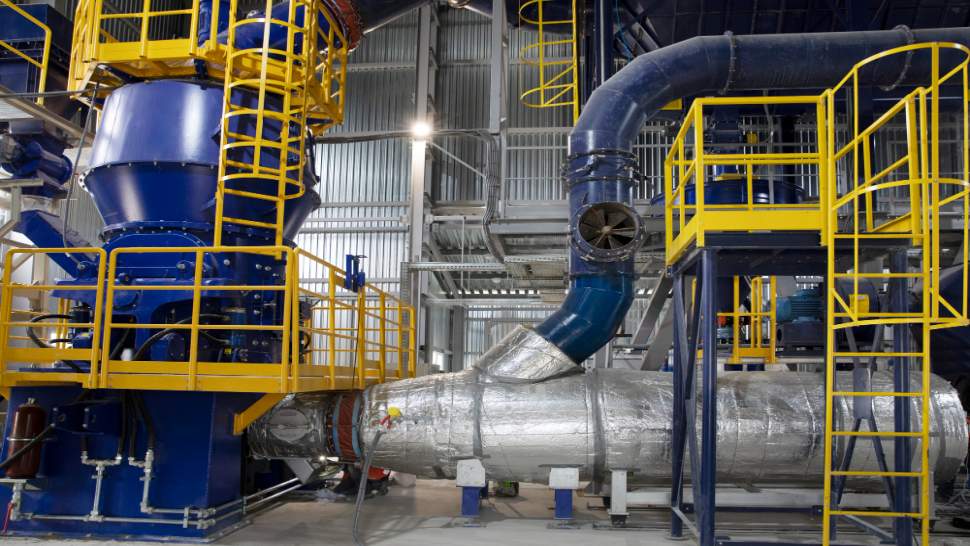Hydraulic oils are used in several industries and serve many purposes. Over time, this oil collects impurities that can decrease the performance of machinery. This is when a hydraulic oil purifier is used to filter it. Haven’t heard about it before? Well, this article will explain everything you need to know about a hydraulic oil filter.
What is a Hydraulic Oil Purifier?
A hydraulic oil purifier, also known as a hydraulic oil purification system, is a device designed to remove contaminants and impurities from hydraulic fluid. By keeping the oil clean, these purifiers play a vital role in ensuring the smooth operation, longevity, and overall health of hydraulic systems.
Common Sources of Impurities in Hydraulic Oil
External contaminants: Dirt, dust, and debris entering the system during operation.
Internal wear: Metal shavings and particles generated by friction between components.
Oxidation: Breakdown of the oil itself due to heat and exposure to air.
Moisture: Water entry through condensation or leaks.
How Does the Hydraulic Filtration Process Work?
The process of oil purification can vary depending on the hydraulic oil purification system and the technology it uses. However, the following are the general steps involved in all filters.
Oil intake
Contaminated oil is pumped from the hydraulic system reservoir into the hydraulic oil filter.
Multi-stage filtration
The oil passes through a series of filters, each designed to remove specific types of contaminants. These filters may include micron filters to remove solid particles, combining filters to separate water, and vacuum dehydration to remove dissolved moisture.
Clean oil output
The purified oil is then returned to the hydraulic system reservoir, free of contaminants.
Benefits of a Hydraulic Oil Purifier
Reduced wear and tear
Contaminants like dirt, metal shavings, and wear debris act as abrasives, accelerating wear on pumps, valves, cylinders, and other hydraulic components. Clean oil minimizes friction and protects these components, extending their lifespan.
Enhanced system efficiency
Contaminated oil can increase friction within the system. This leads to reduced power output and higher energy consumption. Regular purification maintains optimal efficiency, ensuring your machines operate at peak performance.
Prevents corrosion and rust
Moisture entry is a common problem in hydraulic systems. Water contamination promotes corrosion and rust, damaging components and leading to oil breakdown. A Hydraulic oil purifier removes moisture, protecting the system from these issues.
Extends oil life
Contamination speeds up oil degradation. By removing impurities, purifiers extend the oil’s usable life, reducing oil change frequency and associated costs.
Maintenance Tips for a Hydraulic Oil Purification System
A hydraulic oil purifier needs to be maintained for optimal performance. Following are some tips on how to do it.
- Regularly Change filters
Filters can lose their efficiency after repeated use. Replace the filters as advised by the manufacturer. - Oil monitoring
Regularly monitor the oil quality to assess the purifier’s effectiveness and identify any potential issues with the oil itself. - Cleaning the purifier
Follow the manufacturer’s instructions for cleaning the hydraulic oil purifier itself to remove built-up contaminants.
Get Hypureoil’s Hydraulic Oil Purification System
If you are looking for top-quality and budget-friendly hydraulic oil filters, then Hypureoil is a name to remember. Hypureoil is a leading manufacturer of hydraulic oil purifiers and caters to many industries. Our purifiers are easy to maintain and can be used over a long period. These purifiers will filter your oil and remove contaminants, improving its quality. Solve your hydraulic oil problems with our hydraulic oil purification system and extend the life of your machinery. Reach out to us today.
Recommended Reads


